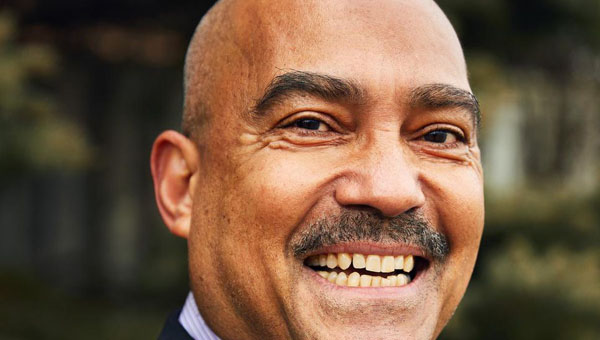TORONTO, Ontario (Thursday, December 9, 2021) — The Black Scientists’ Task Force on Vaccine Equity, with the support of Toronto’s Black community health leaders, is critical of the hasty travel restrictions imposed primarily, on African countries, due to the appearance there, of the Omicron variant, which has now been found in more than 12 countries.
Canada has imposed a ban on the entry of foreign travelers, and restrictions on Canadians, who have been in one of 10 African countries in the past 14 days.
“The response itself did not surprise me, given the absolute need to protect our population at all costs. What surprised me was the obvious lack of empathy for a region, hard hit by COVID disruption, without any hint of support to address the vaccine inequity that lies at the heart of surges in mutations,” observed Dr. Akwatu Khenti, Chair of The Black Scientists’ Task Force on Vaccine Equity. “There was little acknowledgement that South Africa’s transparent actions were both commendable and a standard for the world to follow.”
The Task Force was created to build community awareness of the disparities in COVID-19 positivity, hospitalization, and mortality rates, as well as the need for comprehensive prevention efforts, including knowledge of the various vaccines.
Its aim has been to promote the health and well-being of Black Canadians in Toronto, through the pandemic, and to harness trusted community partners, health and medical professionals and academics to deliver fundamentals of vaccine development and immunization essentials.
The recent policy may appear colour blind, but to Black observers across Canada and in affected countries, this policy is racially insensitive.
South African President, Cyril Ramaphosa, said, recently, that a travel ban imposed on his country, is both “unscientific” and “discriminatory”.
A post-colonial era of first and second world humanity is revealing itself during this global crisis: while high income countries aim for fully-dosed populations — and now third dosed population strategies — African countries are struggling to reach the modest goal of 10% population vaccination targets, which is proving difficult to attain for the following reasons:
- According to BBC reports, research on vaccine supplies in the G7 and the EU calculated that of more than one billion doses, high income nations had pledged to donate, less than 15% had, so far, been delivered. Canada has delivered on 8% of its promised donations.
- Africa has fully vaccinated 77 million people, just 6% of its population. In comparison, over 70% of high-income countries have already vaccinated more than 40% of their people. One in 10 health professionals are fully vaccinated compared to 8 in 10 across high income countries.
- Bilateral efforts have been stymied by pharmaceutical companies’ rational priority of maximizing profits (a case in point being Botswana, which had a deal with Moderna that fell through simply because more revenues could be gained elsewhere)
- Logistical challenges have stymied efforts, even when vaccines were available there was poor uptake, due to vaccine hesitancy and misinformation. There needs to be international support in terms of education about the benefit of vaccination and assistance in establishing efficient supply chains within the continent.
- Both vaccine manufacturers and high-income countries have added to the cumulative mortality risks facing Africa however, by refusing to share vaccine technology during the height of this pandemic
High income country governments, especially the Canadian government, must prioritize and immediately accelerate vaccination donations to COVAX, if this pandemic is ever to end.
Notes Dr. Khenti: “There has been no response to South African efforts to jump start African vaccine production, if IP waivers and technology could only be shared. If this is what global health emergency pandemic planning looks like, COVID will be around for a long time to come…many, many African lives will be lost that could have been saved.”
 Pride News Canada's Leader In African Canadian & Caribbean News, Views & Lifestyle
Pride News Canada's Leader In African Canadian & Caribbean News, Views & Lifestyle





